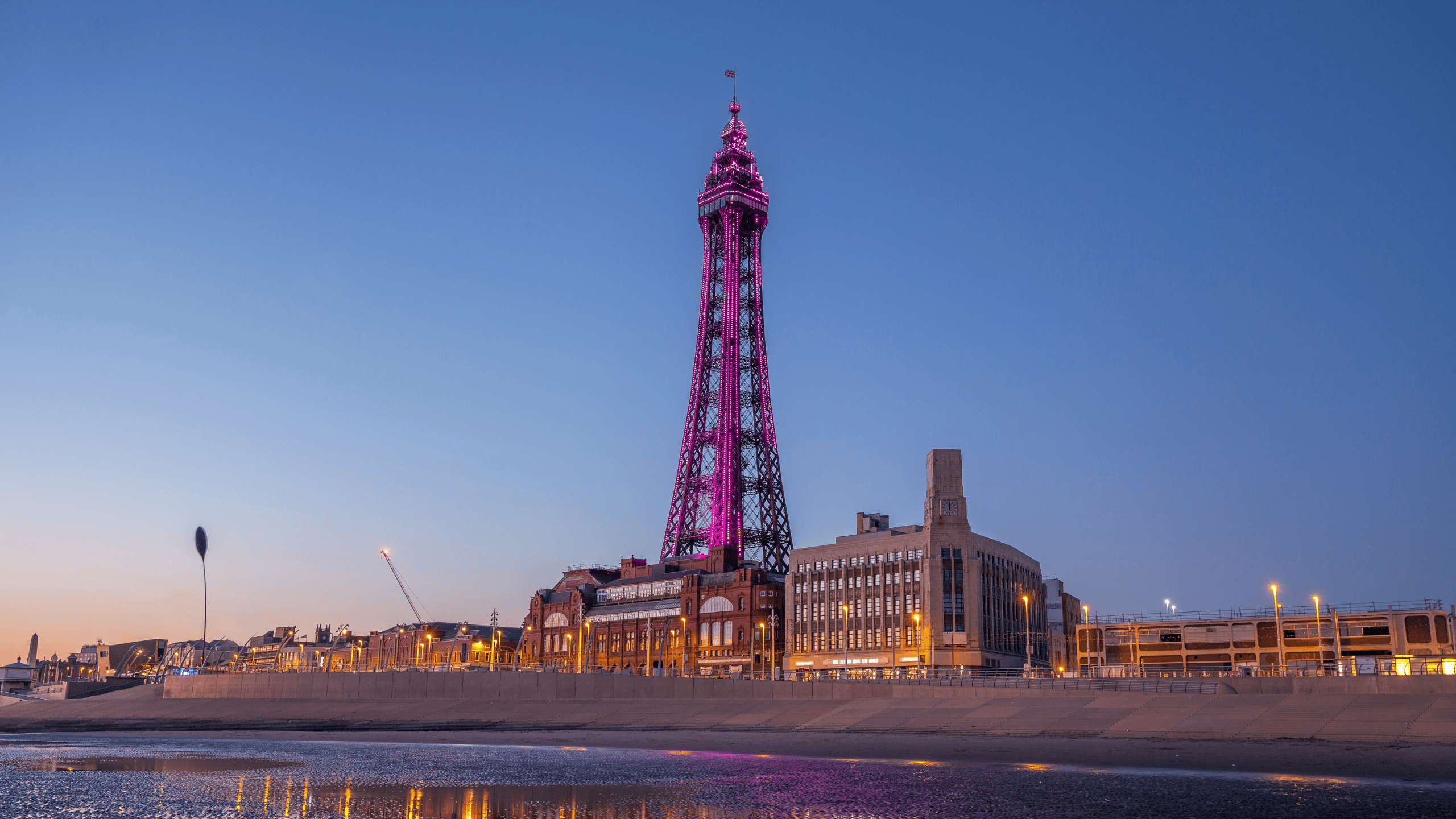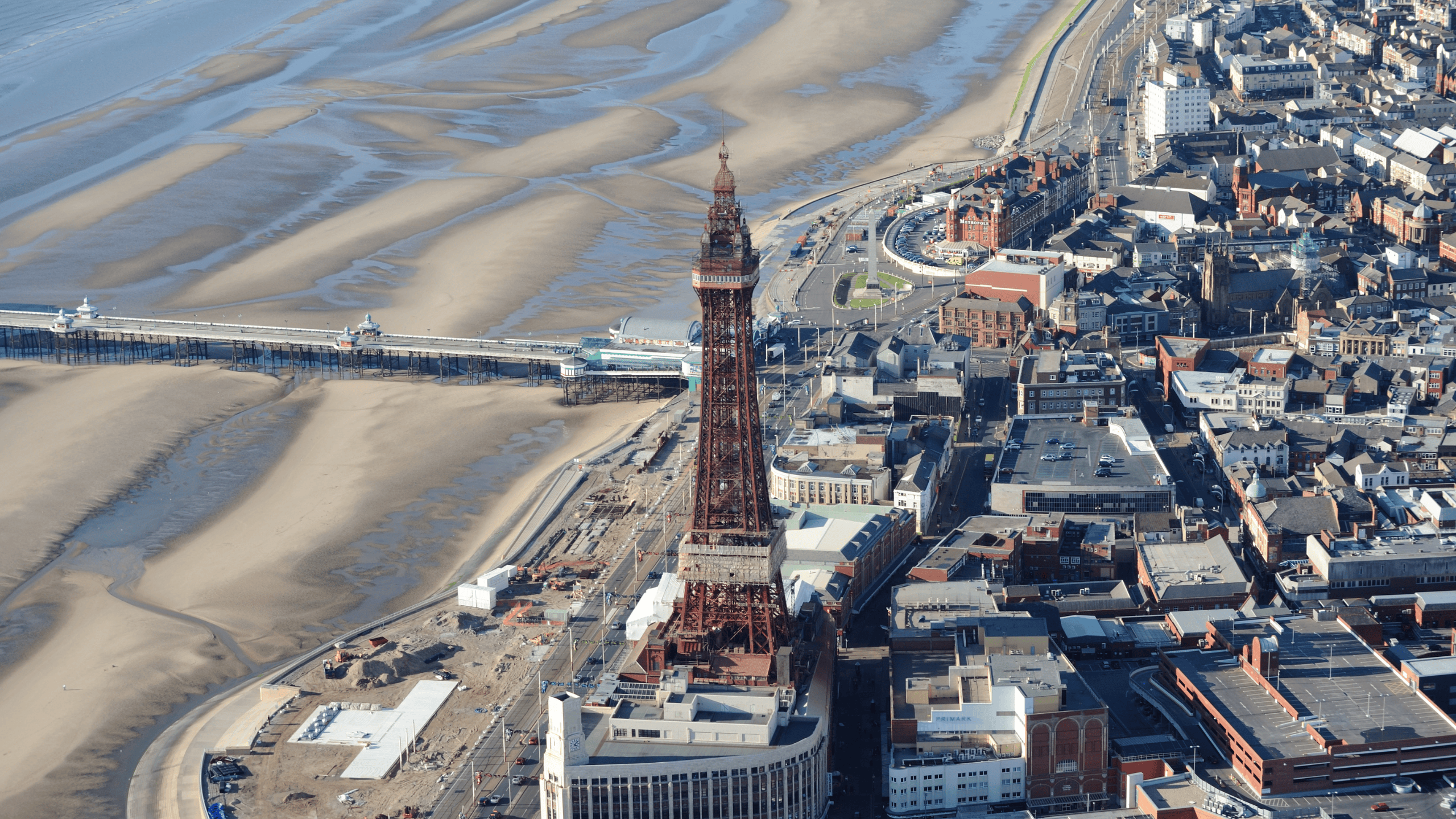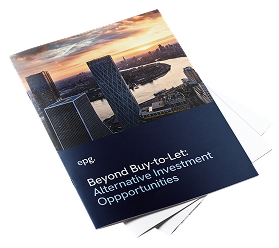Blackpool, once known mainly for its seaside charm, is rapidly transforming into one of the UK’s most compelling property investment destinations. With regeneration projects worth billions, rising rents, and affordable buy-in prices, this North West town now offers a unique blend of high yields and long-term growth potential.
Here, we break down exactly why savvy investors are turning their attention to Blackpool in 2025.
1. Robust Growth in Prices & Rents
According to the UK House Price Index, average house prices in Blackpool rose to £133,000 in April 2025, up 7.1% year on year. That’s faster than the North West average of 3.1%.
In parallel, private rents climbed to an average of £659 per month in May 2025, marking a 9.2% annual increase (Source: Office for National Statistics.)
This dual increase in capital value and rental income makes Blackpool especially attractive for buy to let investors.
2. High Rental Yields & Affordability
Land Registry data shows that Blackpool remains one of the most affordable UK markets, with average prices around £133,000, compared with the national average of £265,000 for Great Britain .
Combining low prices with growing rents delivers strong rental yields, often 5–6%, outpacing the UK average of ~5.2%
(Source: Property Investments UK)
This ratio is highly compelling for investors seeking passive income.
3. Major Regeneration Driving LongTerm Potential
Blackpool has seen launch of several major regeneration investments:
- A £2 billion public/private revitalisation programme, including new tram links and entertainment venues like museums and hotels. (Source: Financial Times)
- £90 million from Homes England’s Brownfield Infrastructure Fund to transform central neighbourhoods through better, mixed-tenure housing (Source: Gov.uk)
- Over £100 million of Levelling Up funding since 2019, enabling a £300 million multiuse development and a new “Multiversity” campus. (Source: Hansard)
- Additional infrastructure investment, such as £7.8 million for road upgrades and £11.4 million across key town centre corridors (Source: democracy.blackpool.gov.uk.)
These efforts signal longterm uplift in both quality of life and property values.
4. Unique Tourism & Cultural Appeal
Blackpool remains a leading tourist destination, highlighted by:
- Over 100 years of tourism legacy, particularly the iconic Blackpool Illuminations – now a 100 day attraction with over 1 million bulbs. (Source: Wikipedia)
- New cultural assets such as Showtown, a £15 million museum drawing 200,000+ visitors annually. (Source: The Guardian)
These bolster the tourism sector, boosting potential for holiday lets and leisure-driven rental demand.
5. Economic Diversification Beyond Tourism
Though tourism is significant, Blackpool’s local economy includes strong presence in:
- Manufacturing and engineering: including aerospace and nuclear-tech firms like BAE, Magellan and Westinghouse Residential Estates (Source: Wikipedia)
- Public administration and social services are employing about 25% of the workforce .
This diversification supports steady local rental demand, beyond purely seasonal tourism.
6. Infrastructure & Connectivity Improvements
Significant transport and education enhancements:
- Talbot Gateway redevelopment (completed 2024): including new tram terminal, Holiday Inn, retail space, and DWP offices supporting 3,000+ jobs
- New education campus funded via £40 million Levelling Up grant, boosting the town centre (Source: Wikipedia)
- Transport links include upgraded tram lines, proximity to M6 motorway, and new pathways at Blackpool North station. (Source: Residential Estates)
Blackpool stands out as a unique investment opportunity in 2025–2026. Backed by housing and infrastructure investment, rising prices and rents, and renewed cultural vitality, it represents a compelling option for buy to let investors seeking both yield and upside.
To find out more about our opportunities to invest in Blackpool, click here to contact us.
Average House Price
£133,000, + 7.1% yoy
Average Rental Prices
£659 pm, +9.2% yoy
Town Investment
+£2 Billion to be invested
Strong Rental Yields
5–6%, outpacing the UK average of ~5.2%





.png)
.png)
.png)
